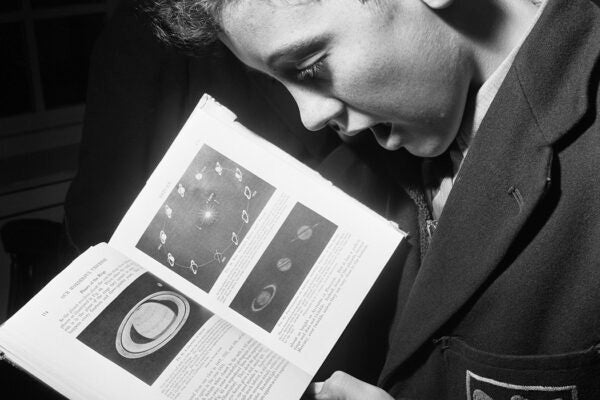Welcome to our series that brings you original content from individuals in the news. We’re calling it “Verbatim” because these posts will let the authors speak for themselves.
John Green’s new YA novel, Turtles All the Way Down, has been released to no small fanfare. This book follows Green’s extremely successful 2012 YA novel The Fault in Our Stars, three other previous books, and several interesting multimedia projects. Back in 2008, Green spoke with The English Journal about his book Looking for Alaska, how English teachers can connect with young readers, advice for young writers, and Lucky Charms (among other topics). When asked what he thought about diverse representation in young adult literature, he answered:
I don’t think teenagers reading literature need to see a world they know; I think they need to see a world they know isn’t bullshit.
When I was a teenager, my favorite book was Song of Solomon. I was a white Southern kid reading about a black guy in Michigan who got breastfed way too long. I couldn’t identify with anyone in that book. And I didn’t need to. Because I saw that it wasn’t bullshit, and because I could identify with the book thematically. It raised questions I found interesting and addressed those questions in ways that meant something to me. I’m not saying that literature is infinitely accessible or that all work crosses all cultural boundaries. But I do think it’s a mistake to give white kids “white kid books” or Latino kids “Latino kid books.” If anything, reading across cultures is vital because reading critically is an act of empathy and not an act of identification. You do not read Huck Finn and think, Jim is just like me. You read Huck Finn and realize what it would feel like to be Jim, the stark choices that Jim faces. And maybe that funnels back into you. But I think the empathy is the central thing, not the identification.







